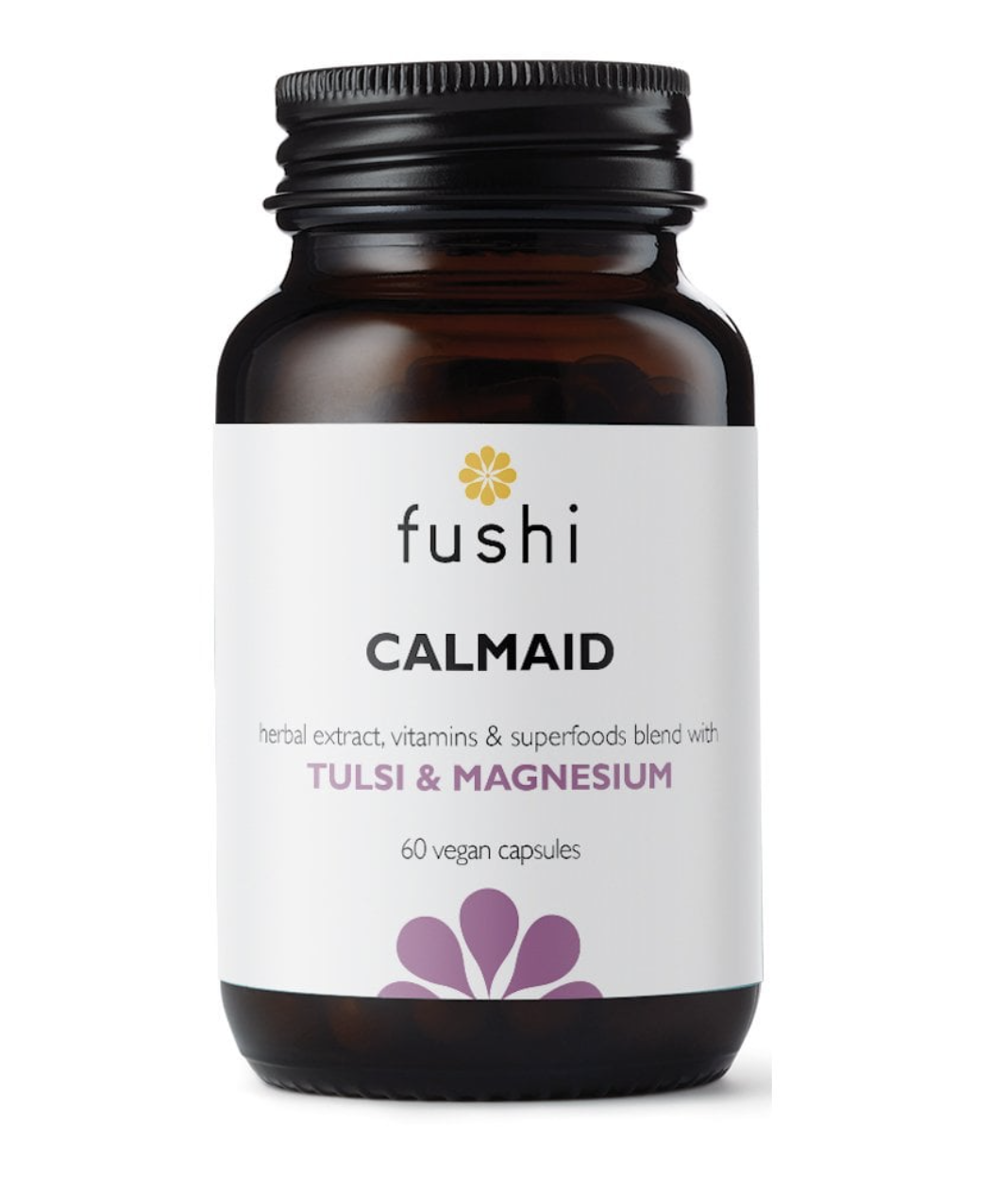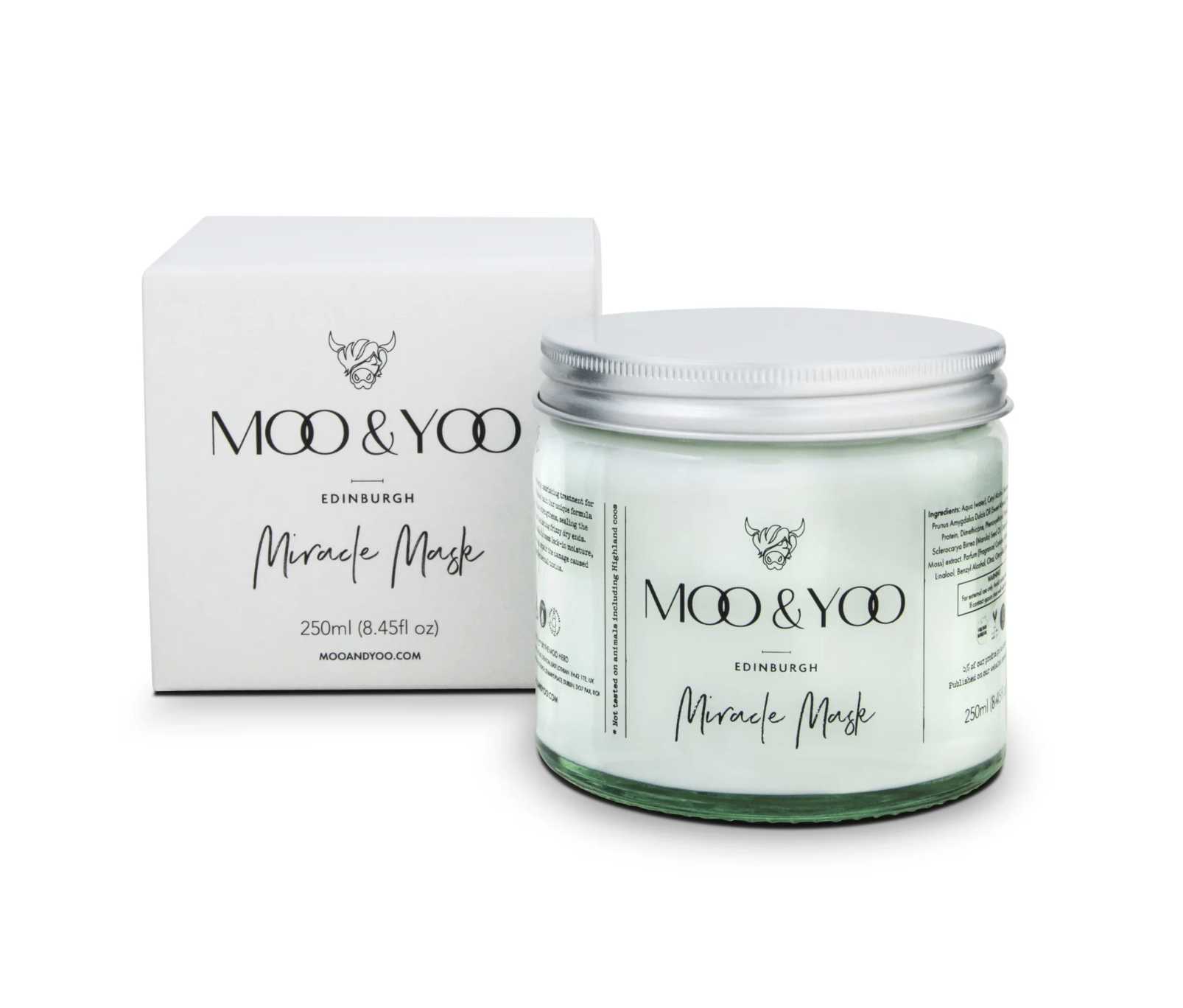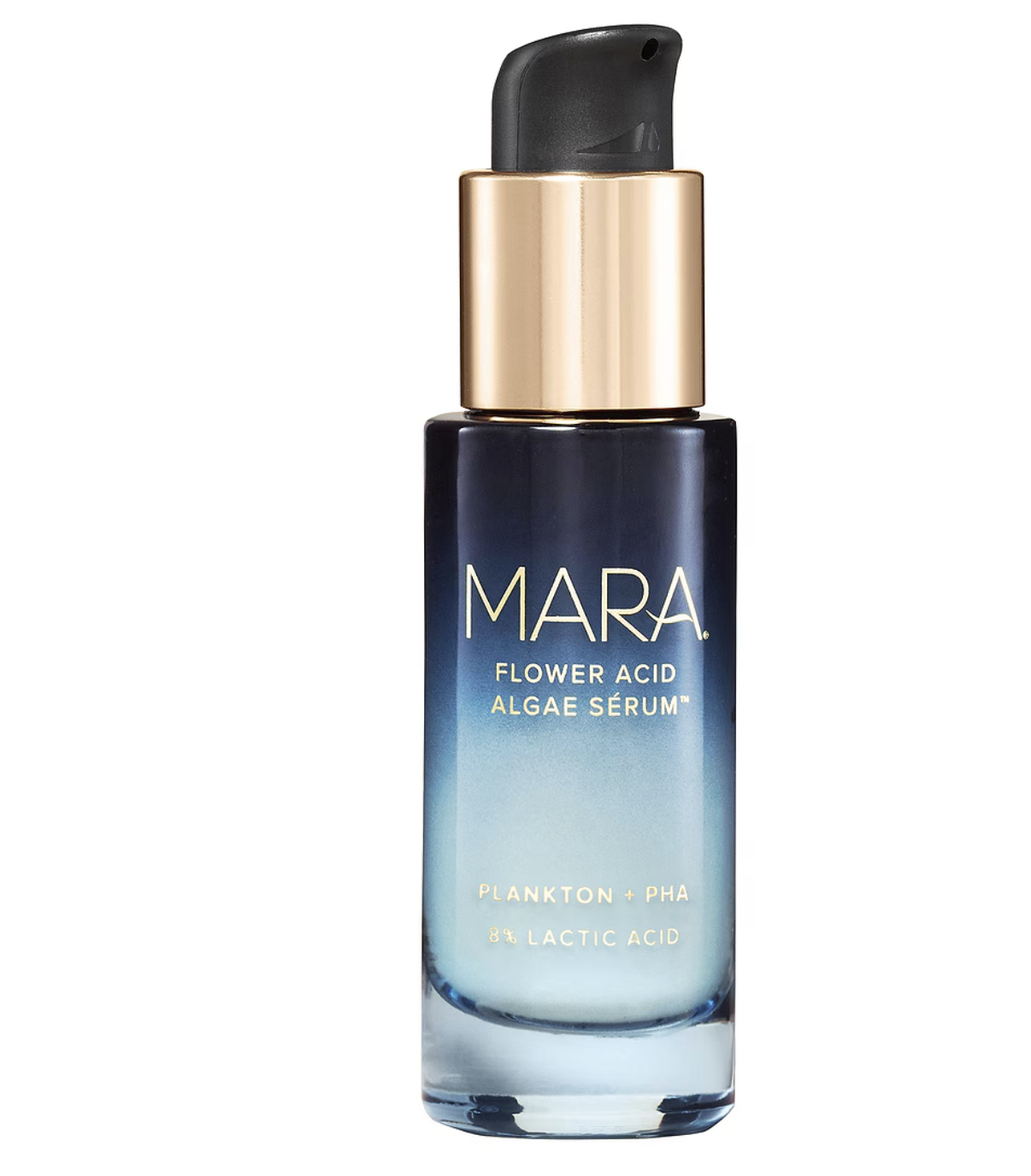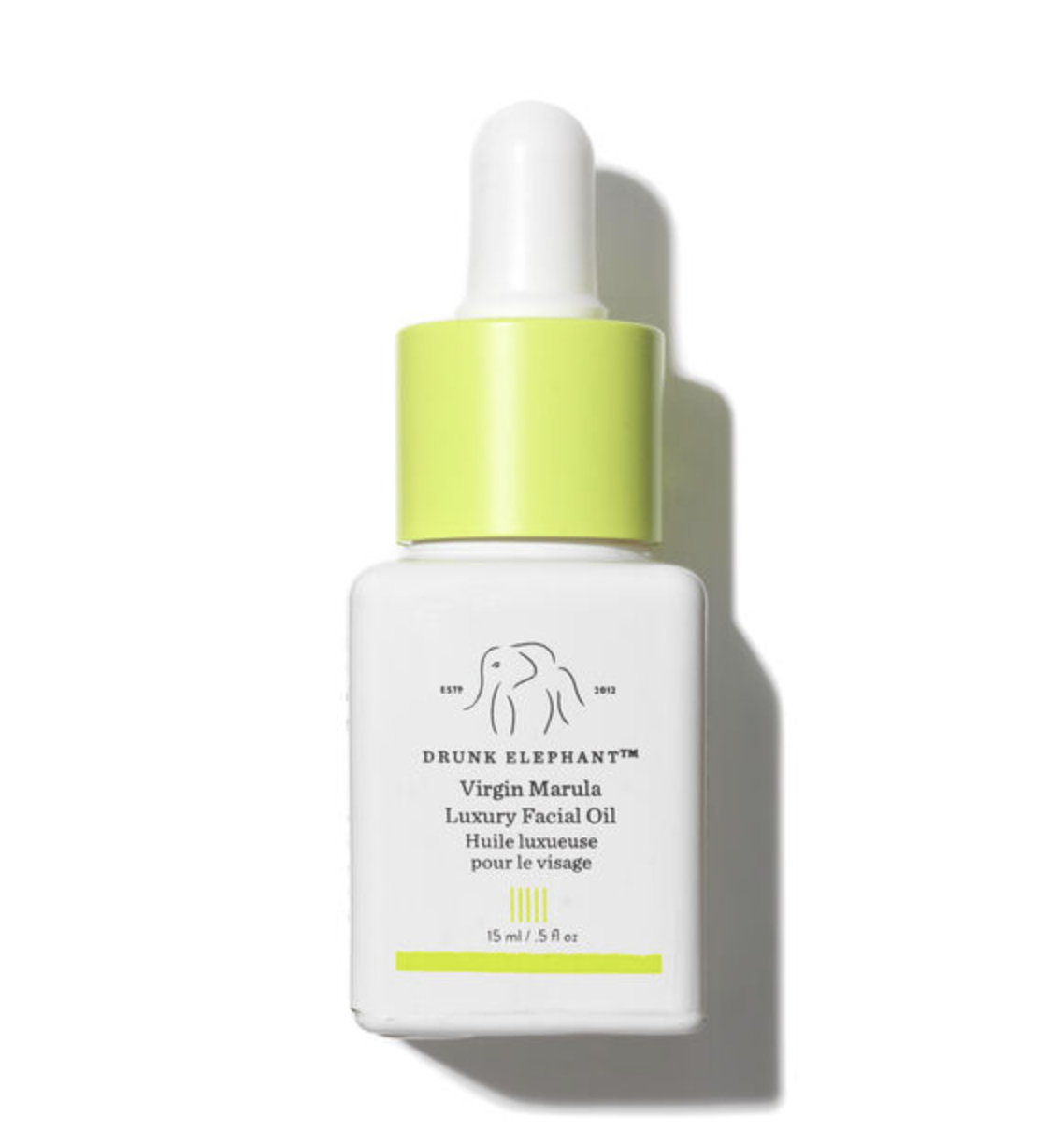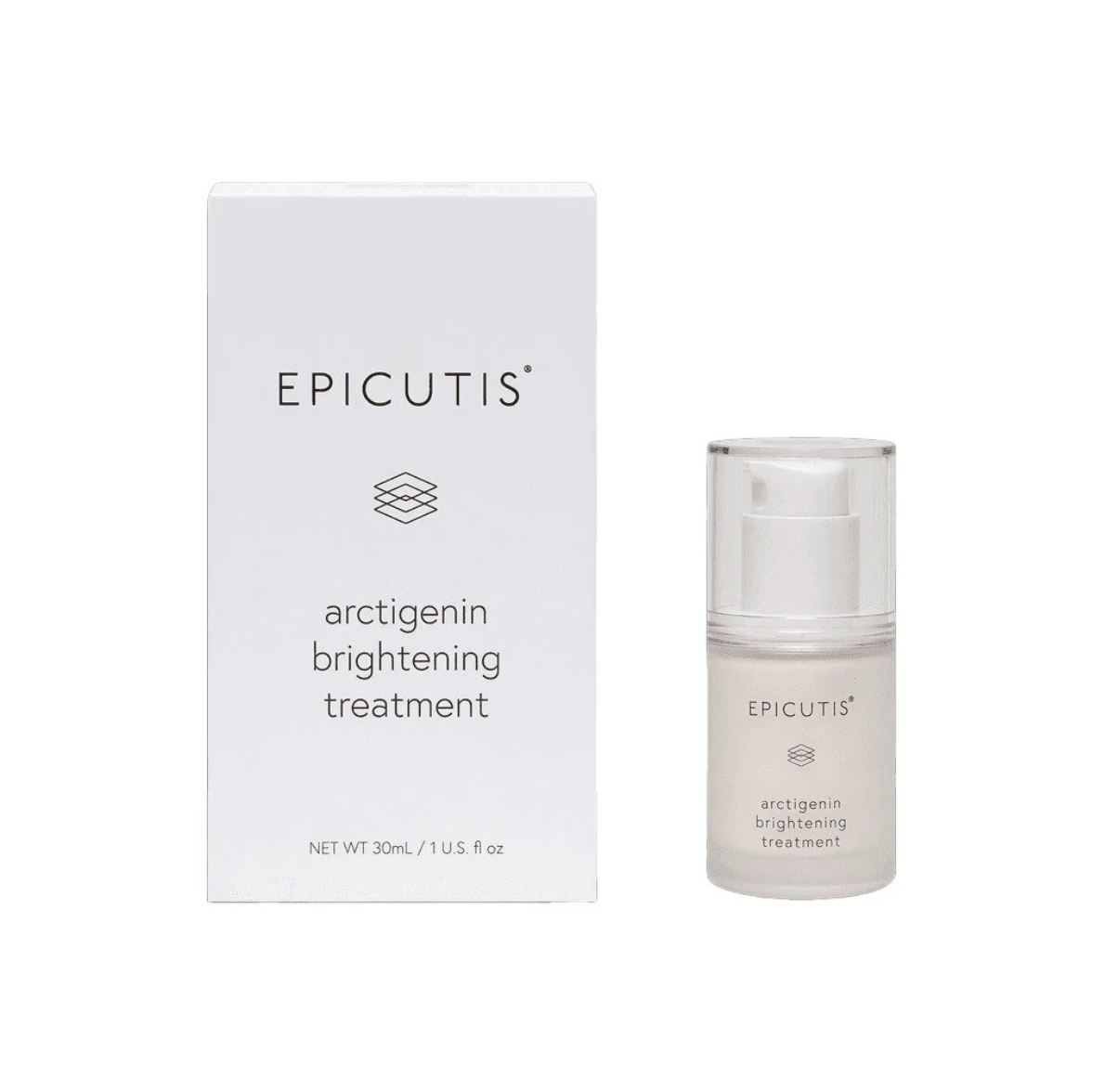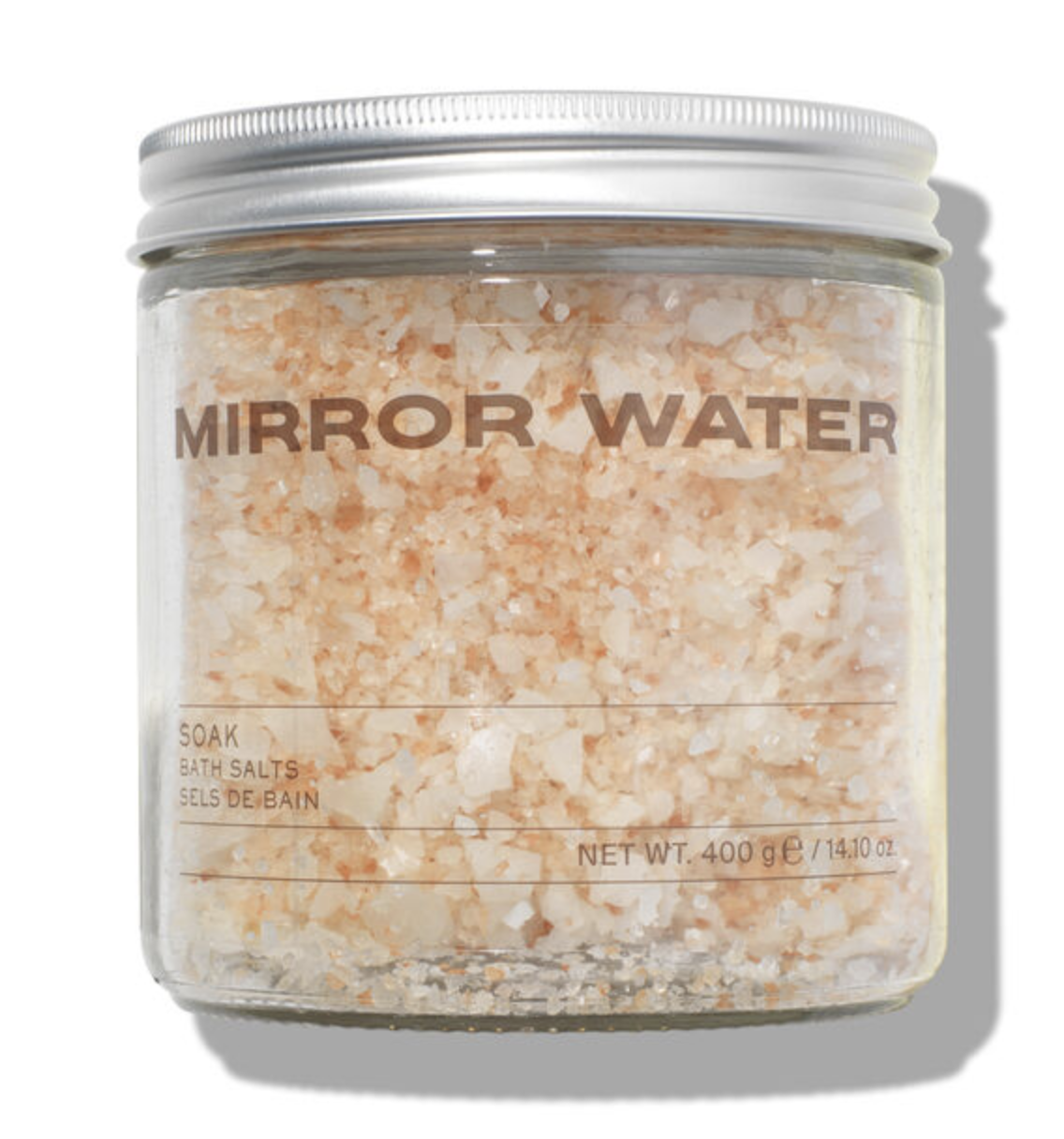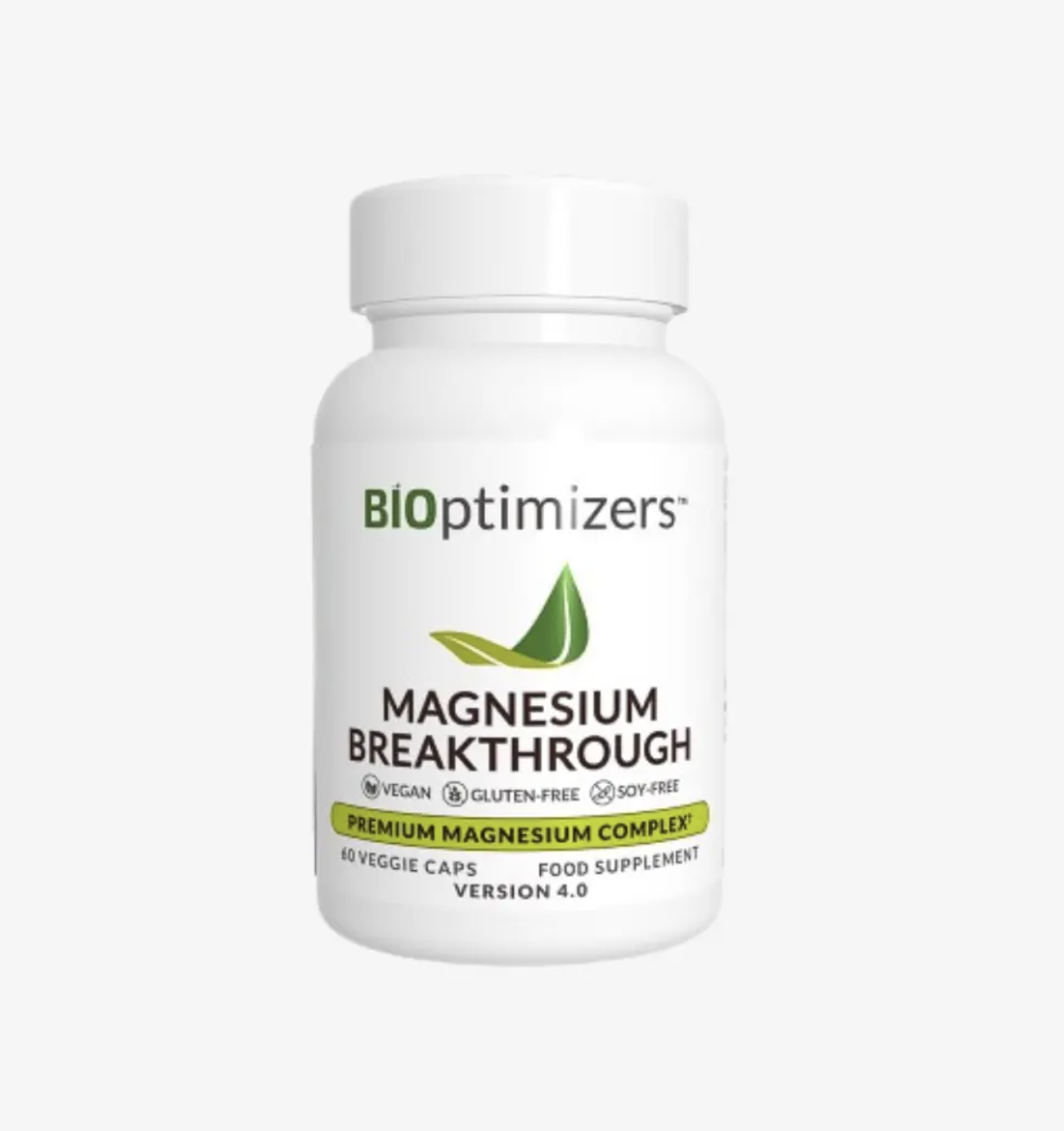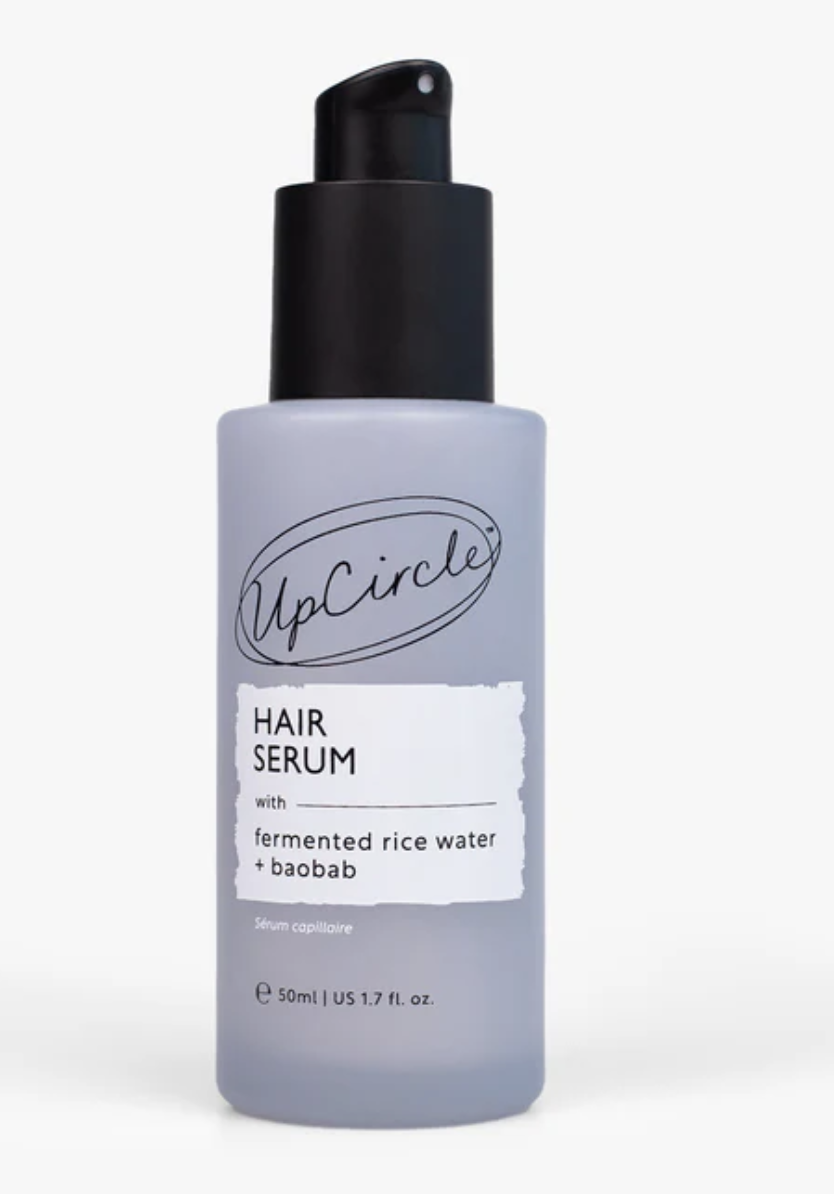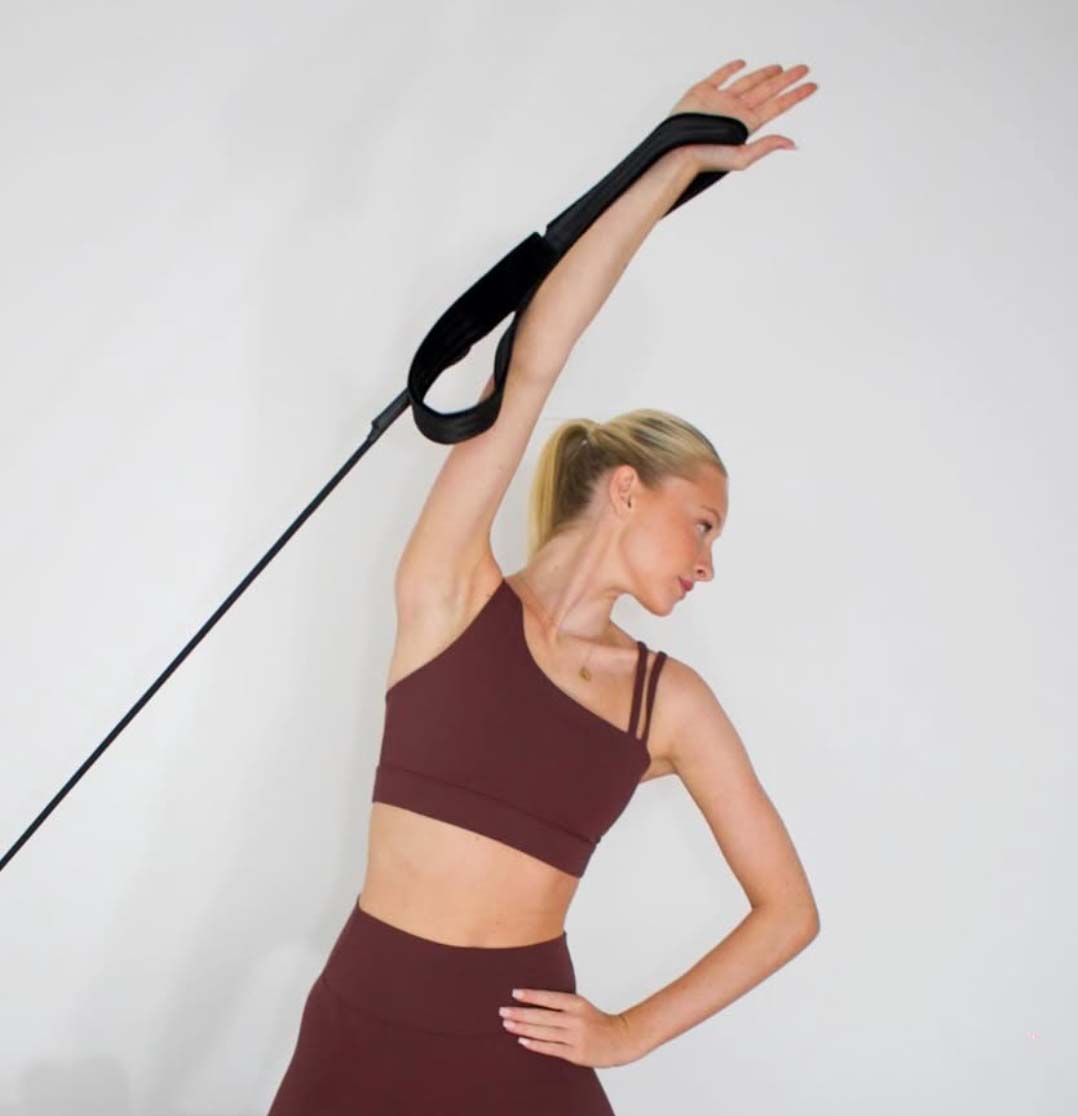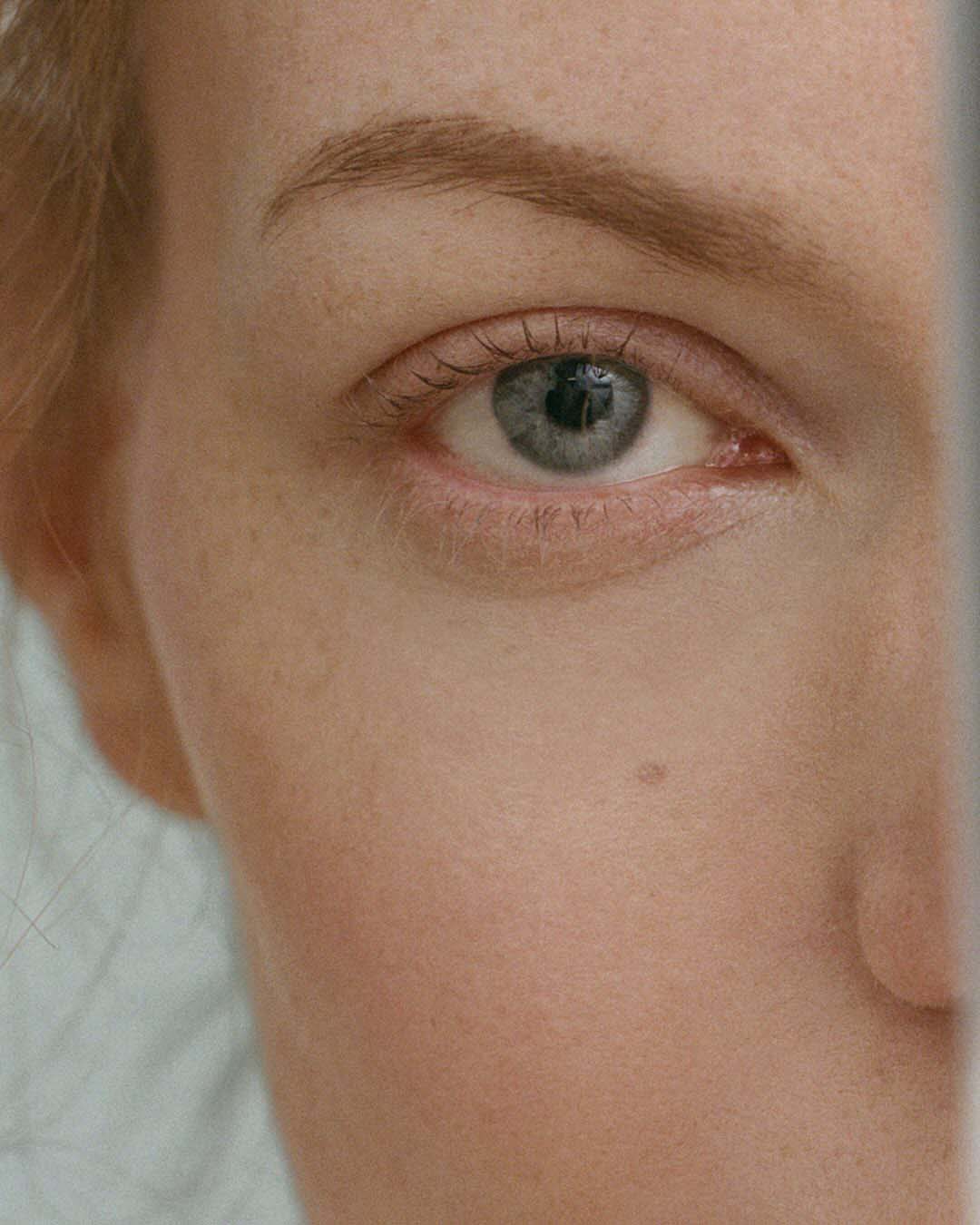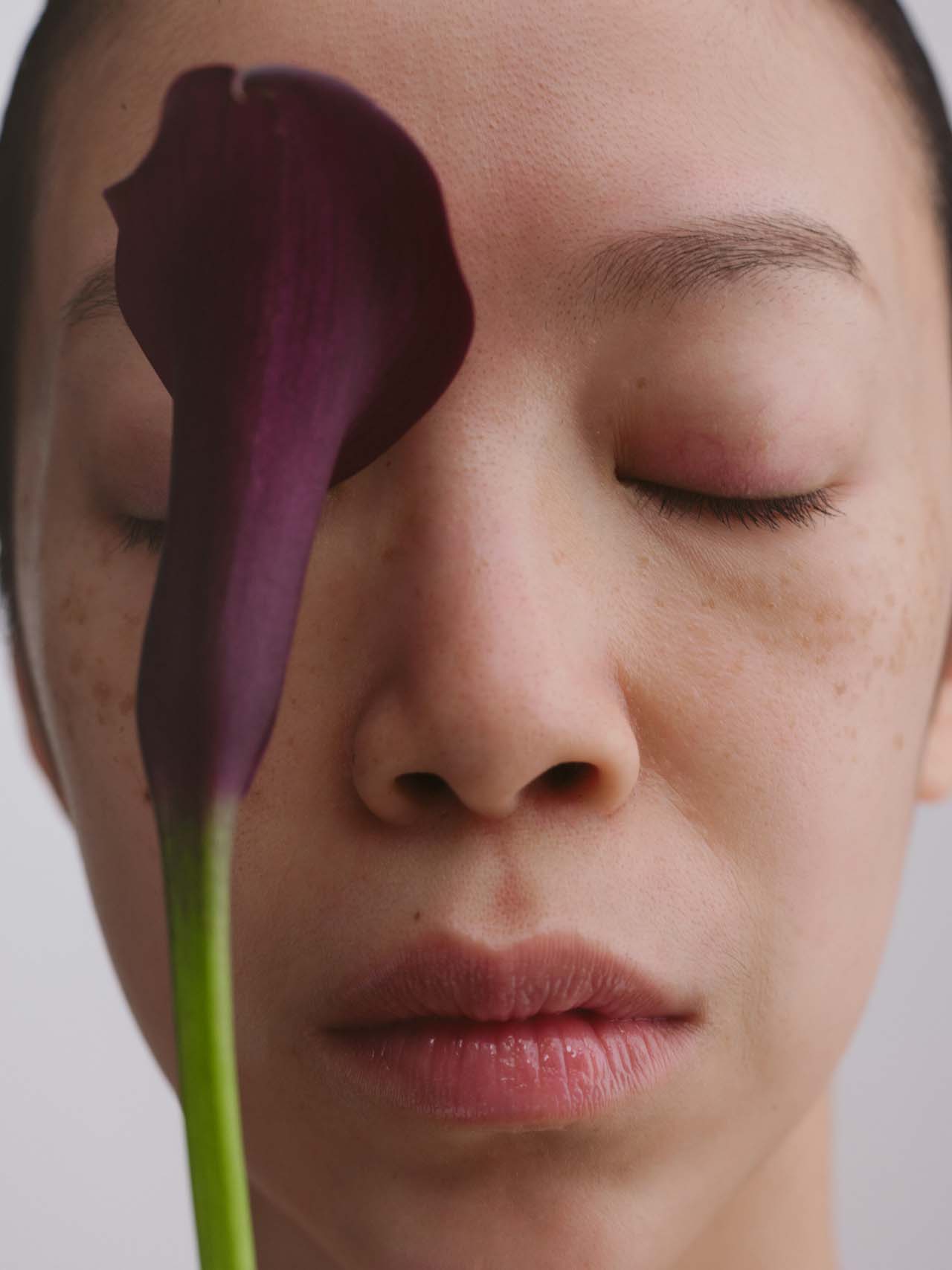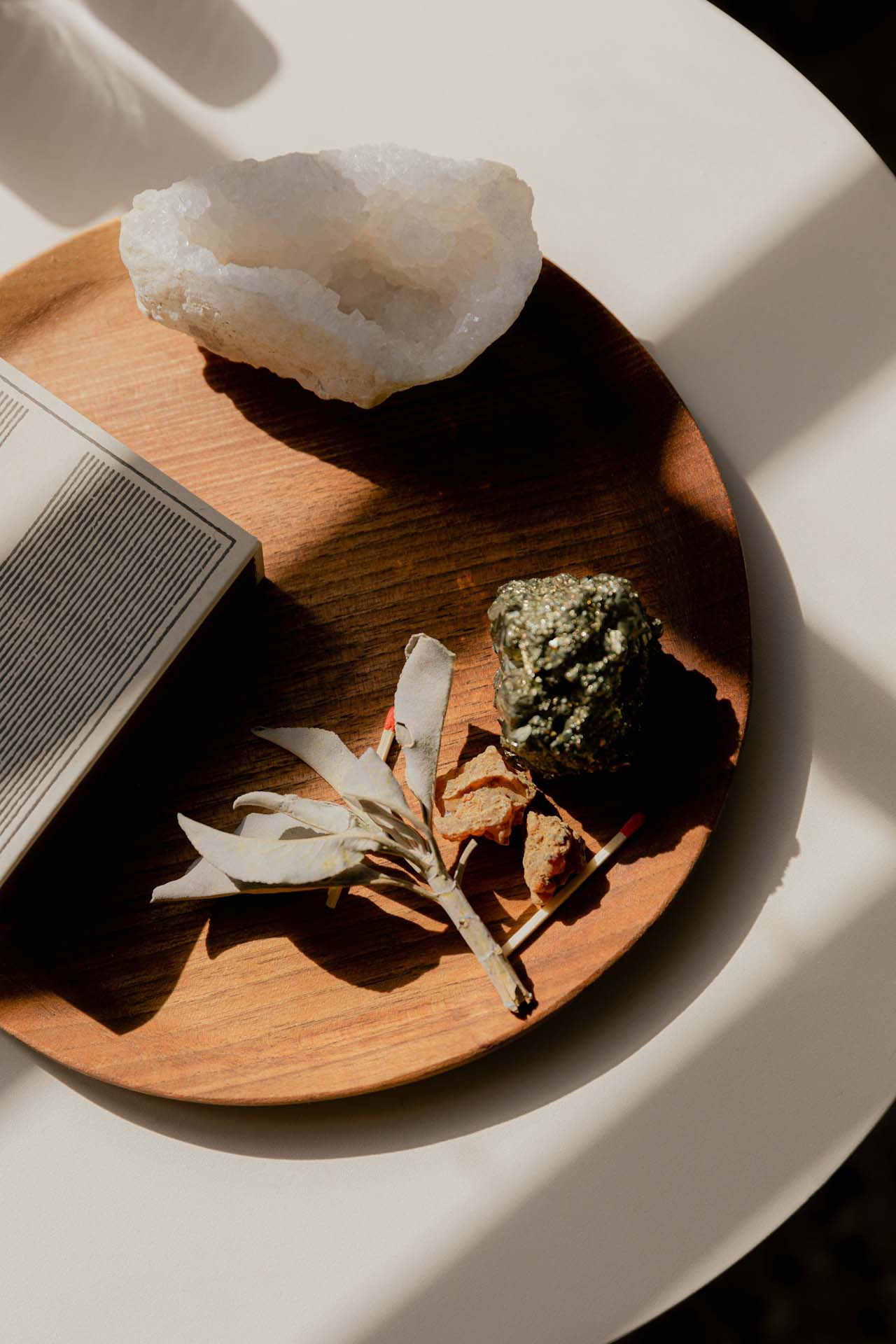
The Downsides Of Birth Control And How To Balance Your Hormones Naturally
Being 27, I was part of the generation of women who took birth control without really understanding the consequences it would have on our bodies. Combined with a toxic lifestyle, it was one of the five key ways I was creating a hormonal imbalance in my body.
Hi, my name is Roxy, and I’m now a holistic nutrition and mindset coach. After looking for someone who could help me heal my hormonal imbalance, acne and PCOS, and coming up empty, I eventually created my own hormone-balancing toolbox to help others on their journeys.
In the beginning, I had no idea that the little pill I’d been taking for eight years had completely shut down my hormones — stopping my period and blocking nutrient absorption. Like most 17-year-olds, I didn’t bother to read the leaflet tucked inside the box, and I had to find out the hard way.
And while my hormonal imbalance was more than just taking birth control, the lack of awareness around the issues it brings is something that I’m particularly passionate about.. Most people, like me, simply don’t know the risks. It wasn’t taught in science class, my doctors never mentioned it, and information online was scarce. The pill was simply handed out as a “one size fits all” solution to a whole host of problems.
So, for a decade, I was doing everything possible to unbalance my hormones without really realising it, with the pill being the core contributor. The rest I’ll write below, and some of them may surprise you.
Causes Of Hormonal Imbalance
- Excessive dieting and fasting
- Over-exercising, especially around menstruation
- Medication that disrupts hormones or gut flora, like contraceptives, antibiotics and other pharmaceuticals
- Excessive alcohol or binge drinking - your liver is where you process your hormones, if it's too busy processing the constant spicy margaritas, it can't do its job!
- Processed foods
- Cosmetics and household ingredients with endocrine disruptors
- Toxic thoughts, rumination, and negative thinking
What we all need to understand is that our bodies are intricate machines with systems that all link to each other. You can't treat one part without looking at the other — and that's what I learnt when dealing with my symptoms, forcing me to treat the root of my problems rather than slapping a bandaid on. So, after 3 years of having no period, cystic acne and unpacking a decade worth of trauma, I finally found a solution to my problems — this time for real. And so I bring you my hormone-balancing healing toolbox in the hope that it may be able to help you, too.
My healing toolbox to balance your hormones
1. Mindfulness and Stress Management
As a holistic health practitioner, I learnt the importance of our stress hormone (cortisol) and how it can affect hormonal acne. My two staples to lower excessive cortisol are: breathe properly, because most of us don't, and establish a self-care routine for every morning and evening that works for you. This can include activities such as affirmations, prayer, grounding, journaling, breathing exercises and humming — yes, humming helps stimulate your parasympathetic nervous system.
2. Use Targeted Supplements And Topical Treatments
Alongside these mindful practices, supplements are key to keeping the body in check — we all require different ones, so it’s worth doing some research here into what will work for you. When I was in the thick of my journey, my homoeopathic and pharmacist mother and now co-founder of our brand Eyeam, made me a formula that had all the anti-inflammatory extracts I needed to take, which worked so quickly for me, we had to share it. It’s now our best-selling duo: Hormone Check Drops and Crystal Clear Azaelic Spot Treatment.
Inside is an adaptogenic ingredient, timut pepper, which is a clinically proven and innovative new nootropic that boosts the brain-skin axis, enhances cognitive performance, elevates mood levels, and reduces mental fatigue so you can take on any situation. Another star ingredient is agnus castus, which supports the balance of oestrogen, testosterone and prolactin levels (hormones). We later developed the Inflammaging Skin Solution, which helped calm all inflammatory cystic spots — it was a gam changer for my skin.
3. Balance Blood Sugar Levels
Fluctuations in blood sugar can seriously impact the production and regulation of various hormones. Specifically, insulin, a hormone responsible for regulating blood sugar, plays a key role in how the body manages other hormones like oestrogen and testosterone. If we have high levels of cortisol constantly, this raises our blood sugar levels without eating anything. That's why making sure you always pair fat, fibre or protein with sugar or carbs will help avoid that problem! Eyeam's Hormone Check Drops also contain an extract labelled 'nature's Ozempic' called Berberine, which helps support the stabilisation of blood sugar.
4. Work on Your Sleep Hygiene
Level up your health with rest! Seven to nine hours of uninterrupted sleep is the sweet spot to hormonal equilibrium. If we get under seven hours, our immune system is weakened, our ability to process emotions is destabilised, and our hunger hormones elevate. Women are two times more likely to eat when they're tired — that's when we tend to reach for the sugary snacks. My go-to sleep aid is my eyeam Magnesium Glymphatic Sleepy Butter, which helps you fall asleep in as quick as 20 minutes.
5. Schedule Lower-Impact Workouts
I used to do four HIIT workouts a week and ran 45 mins twice a week, which always came from a place of 'I need to lose weight quick and fast'. Your hormones hate this, especially if you already have a high-stress job or home environment. Instead, opt for more strength training, pilates or walking. If you are desperate for that adrenaline rush, which I am, add a HIIT workout on the weekend or once a week. Always listen to your body and it needs.
6.Try an Anti-Inflammatory Lifestyle
Inflammation can be caused by diet (food sensitivities, allergens and chemicals) and environmental factors like stress, lifestyle and environmental toxins. So, take time to find out what triggers inflammation for you, and the foods that make your body feel like it’s actually thriving. It's important not to restrict, the stress of that can cause the same amount of inflammation, and always remember, what works for others might not work for you. It's all bio-individual. Embarking on this lifestyle doesn't mean you're set in stone only to have anti-inflammatory foods or practice self-care every single day. It's about finding what suits you and always prioritising yourself.
And there you have it: my guide to balancing hormones naturally. Always remember — you’re not alone, and your symptoms aren’t “just part of being a woman.” PMS is common, but it shouldn’t be constant. Listen to your body so it doesn’t have to scream at you like mine did, and always consult a medical professional before stopping medications (including the pill) or trialling new treatments. A natural approach works best when it’s paired with expert guidance.
Lots of love, Roxy
No items found.


